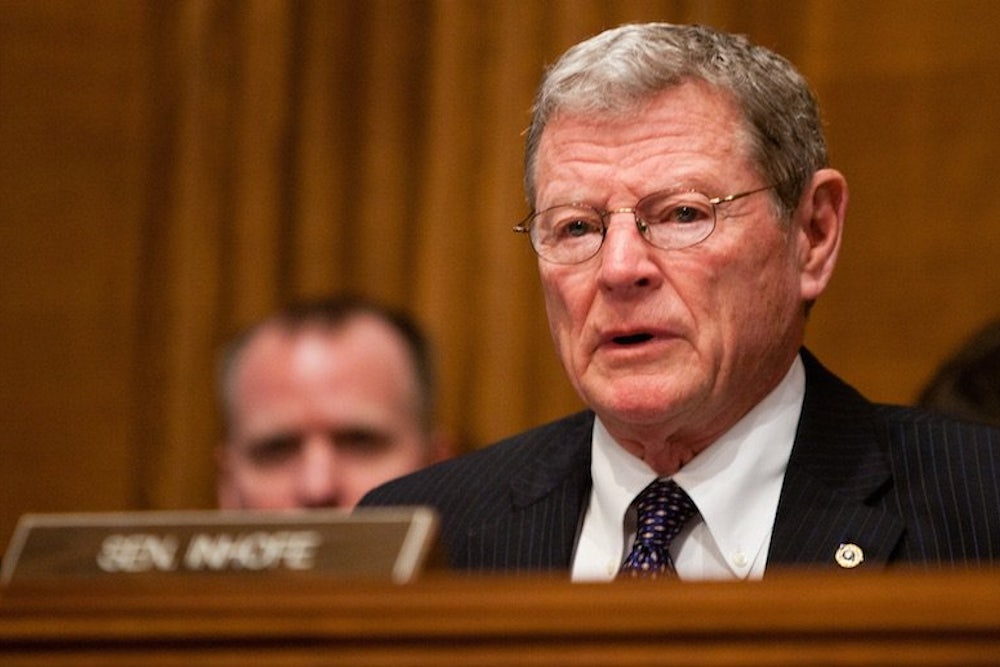Every person probably knows a friend or relative who buys the persistent lies that the climate is really cooling, or it's probably due to natural cycles, or the science models are wrong, or there's no reliable data. Even the casually informed reader might sometimes struggle with a response: For every website devoted to knocking these distortions down, there is another advancing bad science. Maybe it's time to teach the public about climate science using a different approach.
The University of Queensland in Australia is offering a seven-week, free online course, "Making Sense of Climate Science Denial," to deflate deniers' favorite arguments. Course coordinator John Cook says the curriculum is unique in that it draws on psychological research to expose denier arguments as scientific fallacies. Cook, a climate communications fellow of the University of Queensland Global Change Institute, is putting into practice his own research on the psychology of denial, with the help of 75 expert lecturers participating in the course.
He explained in an email:
What’s novel about our course is we’ve adopted the scientific research into inoculation theory. This is a branch of psychological research that finds that the most effective way to neutralise science denial isn’t to throw more science at people. The most effective approach is to expose people to weak forms of science denial. In other words, just as a flu shot helps people build immunity to a virus, explaining the techniques of science denial help people build immunity to misinformation. One practical way to apply inoculation theory is through misconception-based learning—teaching science by debunking myths.
If the course is successful (it has 8,000 enrollments in 143 countries), Cook might just give the climate movement a few more allies.
